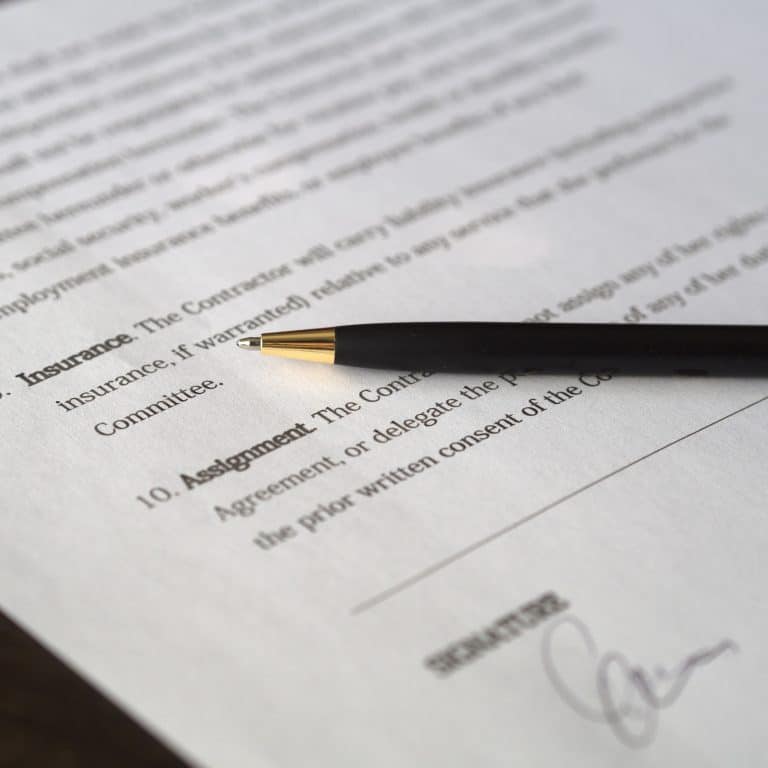As recent events show, even a behemoth like Meta (a.k.a Facebook) have the potential to get the basics wrong when it comes to branding a business. A concept like helping to “bring the metaverse to life” might seem too good to turn away from, but a great name idea isn’t worth the reputational or financial risk if you can’t own it.
Since Facebook announced its name change in October 2021, various tech companies have been coming forward claiming trade mark infringement. After filing to trade mark the term in August and trading with it for over a year, Arizona-based computer company Meta PCs told media outlets they would not consider giving up on the name Meta for anything less than US $20 million from their multinational competitor.
And Chicago based MetaCompany wrote an open letter calling out the tech conglomerate for alleged trade mark infringement, noting its failed negotiations with Facebook’s attorneys and claiming the tech giant was “deceitful” and “acted in bad faith”.
Whilst we wait to see whether these claims escalate for the newfound Meta, the media storm they’ve generated gives rise to conversations about trade marks and the importance of checking the availability of a name before forging ahead with a brand or rebrand.
Understanding the legal side to your creative ideas
First and foremost, it’s worthwhile understanding a bit about trade marks and your legal standing before going all in on your new business name. While the legal side might give you less of a buzz than the creative process of branding your business, the two go hand-in-hand. Here are a few high-level tips:
- A trade mark is a valuable asset that can be owned, bought, sold or licensed out.
- A new brand cannot be “deceptively similar” to an existing registered trade mark. Changing a word or the spelling is generally not sufficient to distinguish between two brands and could still be considered trade mark infringement.
- Registering a business name, domain name or company name in Australia does not give you any rights of exclusivity.
- Trade mark registrations claim goods and/or services which are provided, or intended on being provided, under the trade mark. Exclusivity granted by trade mark registration typically only prevents third parties from using the trade mark (or one deceptively similar to it) in respect of the same or closely related goods and/or services. For example, two technology companies providing the same services to the same type of consumers cannot use the same trade mark, but a tech company and a building company without any crossover will generally not have a problem.
What you can do: Search first to save later
There are ways to check the availability of your name before getting too far down the branding path:
- A trade mark search, done correctly, is a low-cost service that will alert you to any potential infringements that could arise.
- If you’re a few steps ahead and committed to a name, you can file a Trade Mark Headstart, which will give you an early indication of registrability and the chance to alter your application before it is publicised.
Often, your ideal business name will get derailed when a competitor is found to have had the idea first and registered a similar trade mark.
Whilst it can be tempting to move ahead with your beloved idea, take a step back and think about the risks. Can your business afford a court battle to defend its name (with little legal standing), or a blow to the reputation its developed if you’re forced to rebrand down the track?
How we can help
We’re here to help protect and enforce the brand name you’ve built and love, and to help you avoid any Meta-sized mistakes. We can conduct trade mark searches, file applications and help manage any disputes that may arise.
Contact us on



